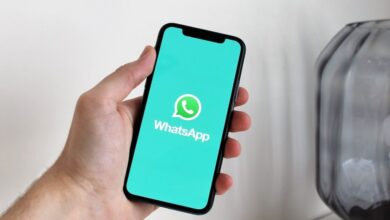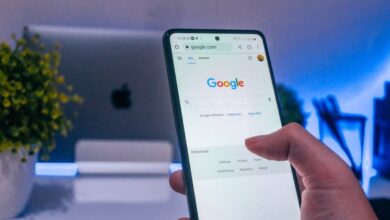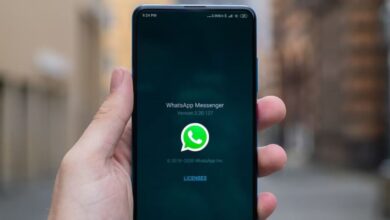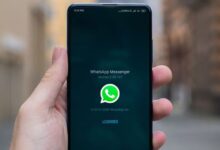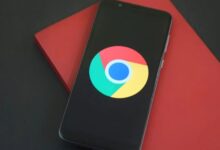Blackmagic says its app is based on the same OS as its expensive film cameras – the tools used in feature films, television and documentaries.
![]()
Blackmagic Camera for Android is available for download for free on the Google Play Store
Blackmagic Camera – the professional digital film camera and image processing app – is now available on Android smartphones, the company announced on Monday. The app features professional-grade video recording tools and is developed by Blackmagic, the Australian digital cinema hardware manufacturer. It was launched on iPhone last year and has now been brought to select Android smartphones, as per the company.
Blackmagic Camera features
In a newsroom post, Blackmagic announced that it is bringing its Camera app to select Samsung Galaxy and Google Pixel smartphones. It is claimed to be built on the same operating system as the company's more expensive film cameras, with digital film features and controls – the same tools used in feature films, television and documentaries.
![]()
The Blackmagic Camera app also features support for Blackmagic Cloud, a network storage solution for media files, that can be used to collaborate with others using DaVinci Resolve, taking advantage of a chat workspace. Furthermore, the company claims it has a single-tap solution for adjusting settings such as frame rate, shutter angle, white balance, and ISO. Users can record media in industry standard formats in up to 8K resolution.
It also lets users select from different codecs, including H.264, also known as Advanced Video Coding (AVC), and H.265, known as High-Efficiency Video Coding (HEVC).
With Blackmagic Camera, users can shoot in 16:9 or vertical aspect ratios. The app also includes features such as focus assist, zebra, frame guides, and histogram – all of them aimed at improving the videography. The videos shot with the app can be timecoded and viewed with thumbnails in the media tab.
Blackmagic Camera availability
The Blackmagic Camera app is available for download on the Google Play Store for free. While it is being introduced for the Android platform, it is only available on the Samsung Galaxy S24 and S23 series, and the Google Pixel 8 and Pixel 7 series.



